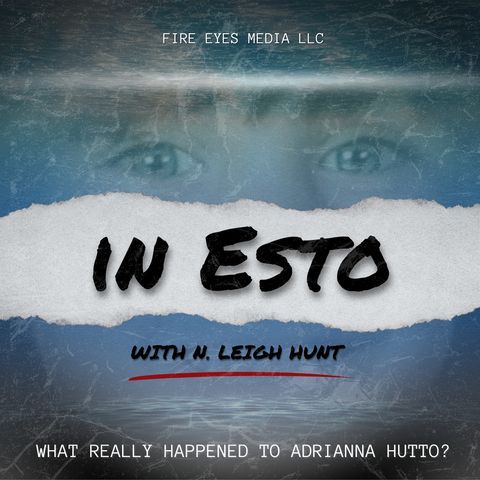
IN ESTO PODCAST
What really happened to Adrianna Hutto?
with N Leigh Hunt

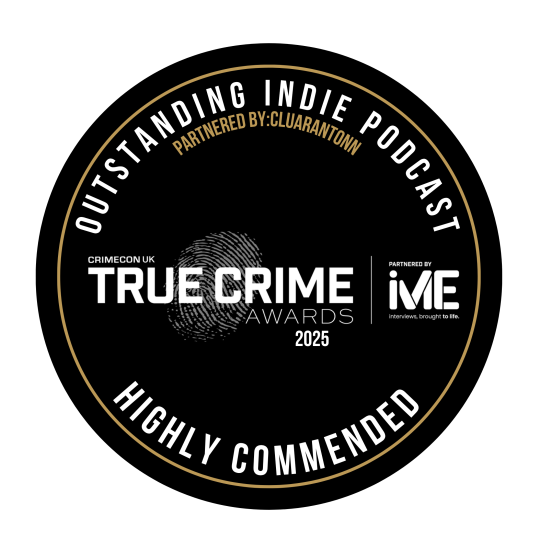
Esto Florida, 2007 - Amanda Lewis is convicted for the drowning of her 7 year old daughter after her younger son tells the sheriff's office a series of incriminating stories. A fired coroner, Sheriff misquoted in the media, step-father inserts himself into the investigation...
Can a 6 year old be a reliable witness?
In this limited series, we explore the entire case and extract fiction from the facts.
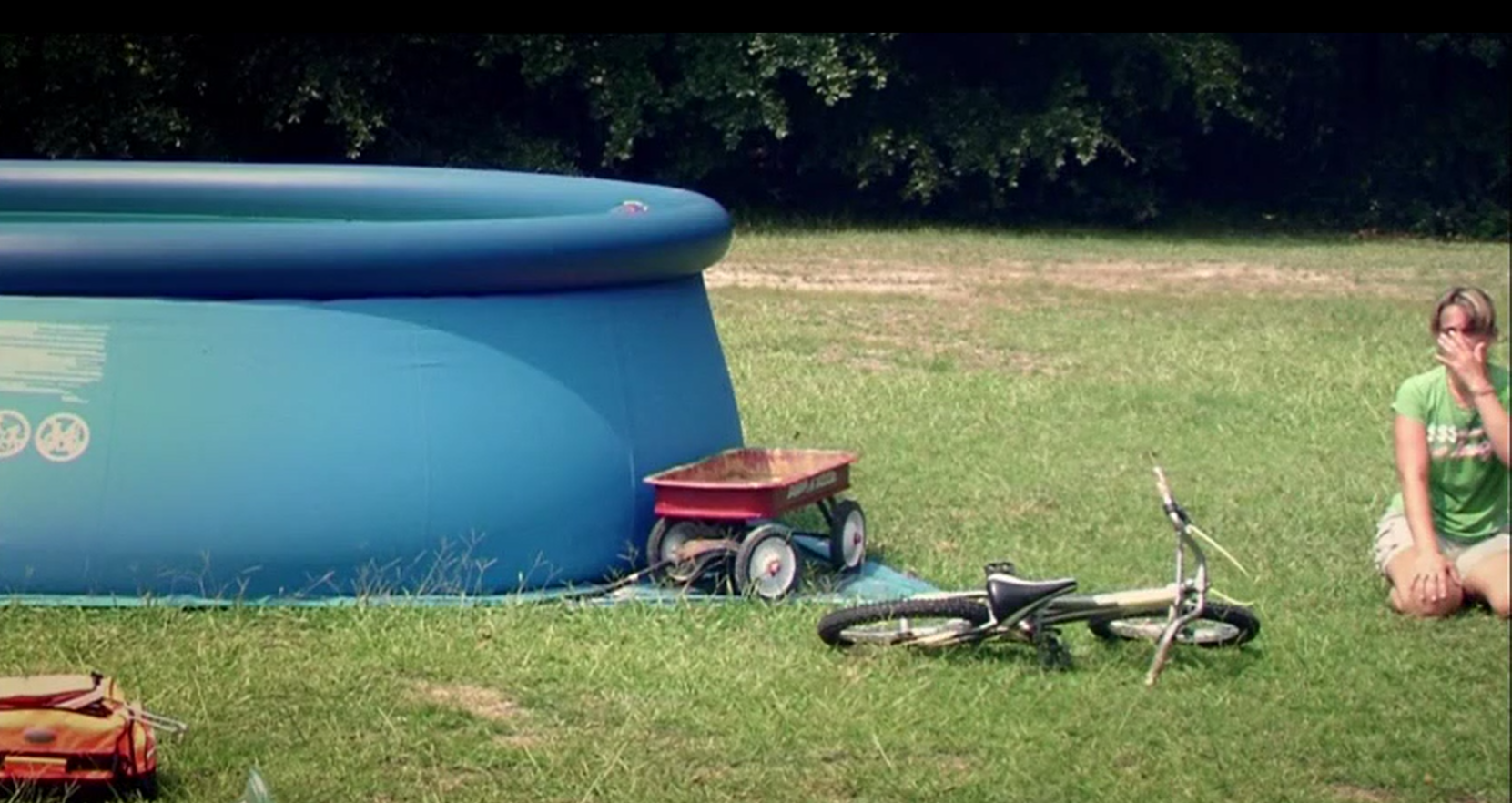
Episode 1
Everything's Purple
Amanda and Alan live in his double-wide trailer in Northern Florida. He is a butcher and she works overnights at a care home. He has two teenagers who often visit and she has a 7 (Adrianna) and a 6 (AJ) year old who share a room. Alan goes to work early and leaves Amanda's kids under the supervision of his son, Alan Jr.
When Amanda arrives from work she finds her two kids watching TV alone and Alan Jr fast asleep in his bedroom. But this is where the stories differ...
Later that afternoon, Adrianna is found floating in the pool. What really happened to Adrianna Hutto?
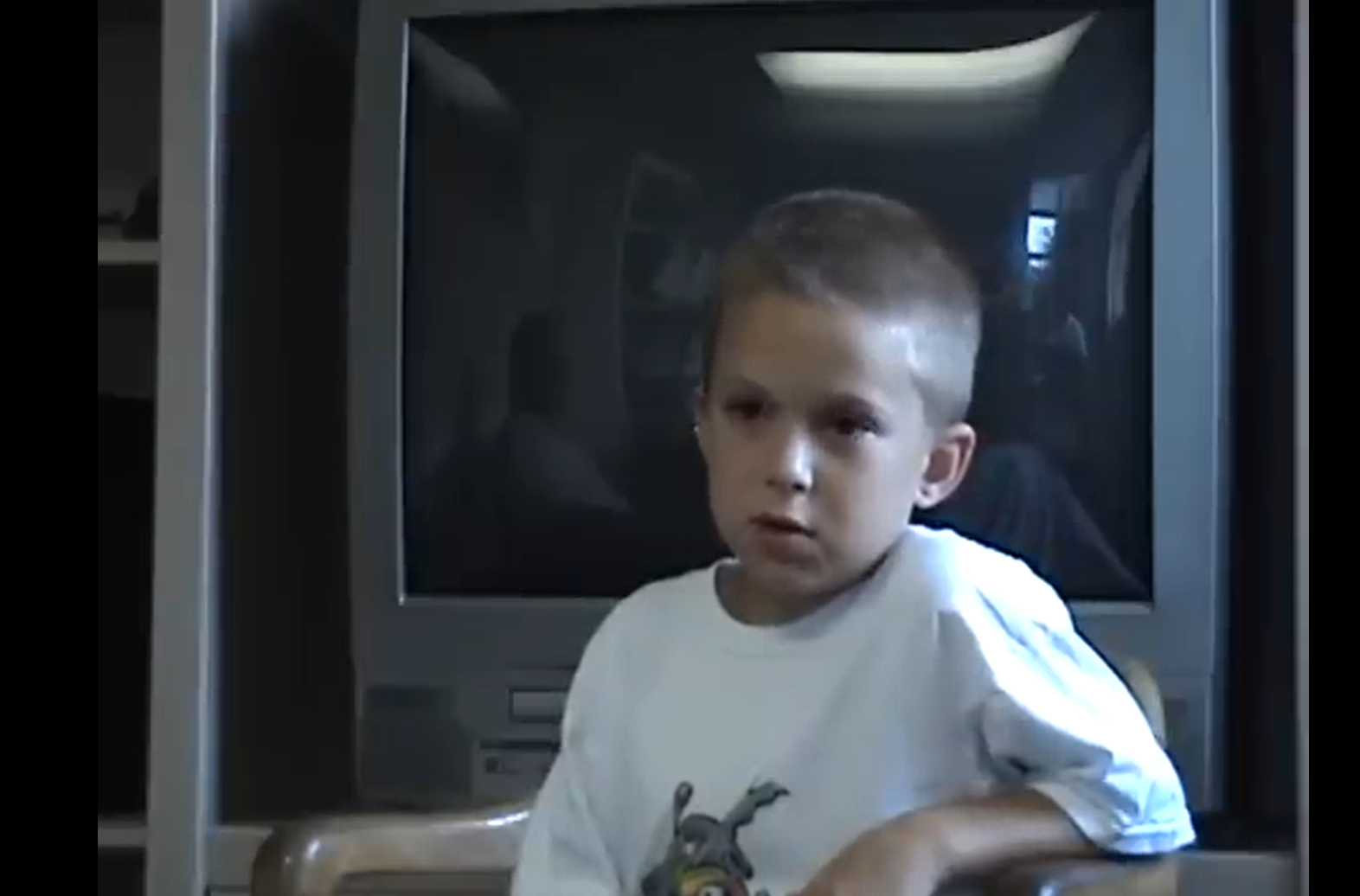
Episode 2
Do You Know The Difference Between a Truth and a Lie?
As Adrianna is life flighted to the hospital and the Grandparents take her little brother (AJ) to the Sheriff’s office. He has a remarkable story to tell.
In fact, he has multiple stories to tell about what happened that day. This episode reviews the Holmes County authorities' interview of a 6 year old without the mother’s agreement, without child protection services and the second half of the interview is without a blood relative.
Can a 6 year old be a reliable witness?
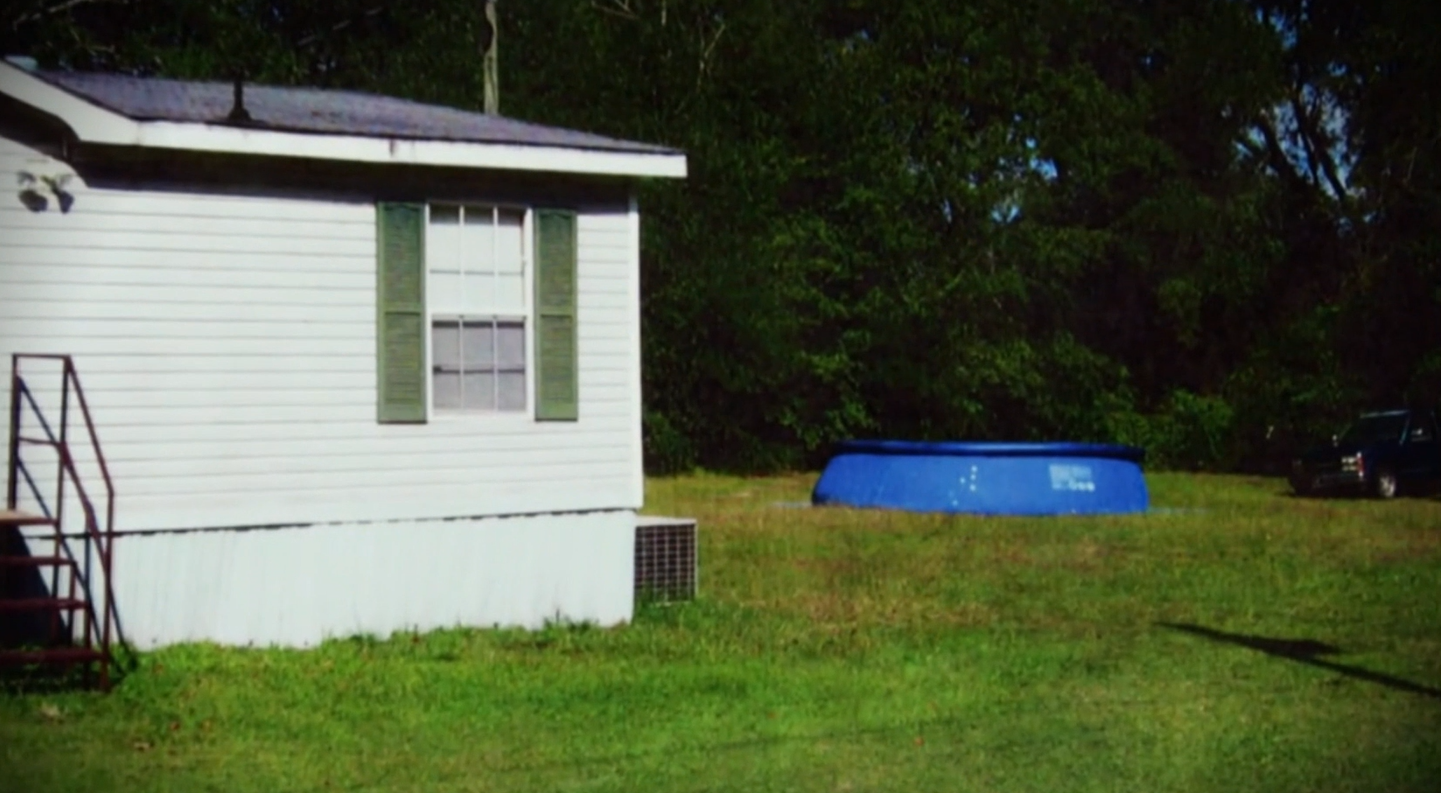
Episode 3
Back at the Double Wide
Little 7-year-old Adrianna has been pronounced dead and AJ is up past his bed time speaking to Child Protection Services.
The podcast chats with Amanda's Aunt Susan about Amanda being taken down to the Sheriff's office to answer more questions - particularly about the death of her first child.
The investigators ask Amanda to take a polygraph and make arrangements to visit the scene again.
What did the Sheriff just tell the local press?
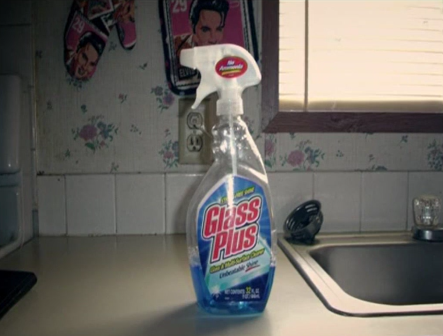
Episode 4
The Lucky Seven
The Sheriff's office needs to corroborate AJ's various stories. They get a search warrant and begin hunting for clues to confirm his account.
Army men, tree cutters and cartoons become important facts in establishing if the lone witness should be believed. At the same time investigators are pulling Amanda's home apart, Sheriff Lee is telling the local press a different version of events and the coroner is being removed from duty (again).
Why does Holmes County want to get Amanda so badly?
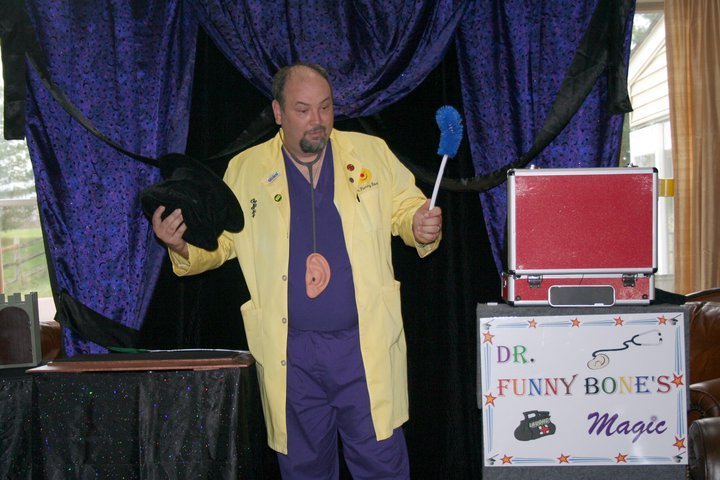
Episode 5
Doctor Funny Bones or Batman and Ruckman
N Leigh Hunt and Alabama Investigator Kimberley Hunter have a chat about the turbulent career of Medical Examiner, Dr Charles Siebert.
Previously fired by the Medical Commission and removed from duty by the governor for poor work; he was asked to do the autopsy on Adrianna Hutto?
This episode examines Dr Siebert, the entire Medical Examiner’s Office and the qualifications of his Director of Investigations, Lesa Ruckman.
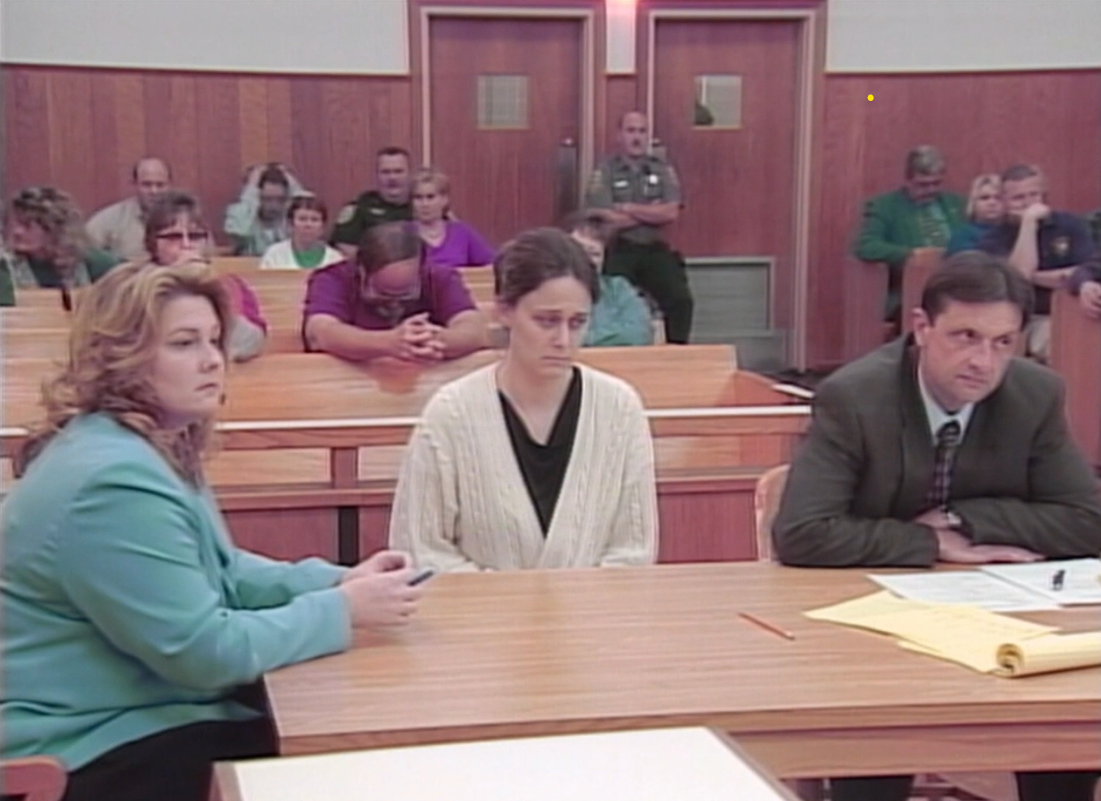
Episode 6
Life Without Parole
Amanda Lewis goes to trial, scheduled for 4 days. A six-person jury is selected but not without controversy from the onset.
AJ is deemed a reliable witness and takes the stand against his mother. A game changing confession threatens to ruin the prosecution’s case. Circumstantial evidence starts to stack up against Amanda and further controversy tarnishes the proceedings.
In less than two hours the jury returns...
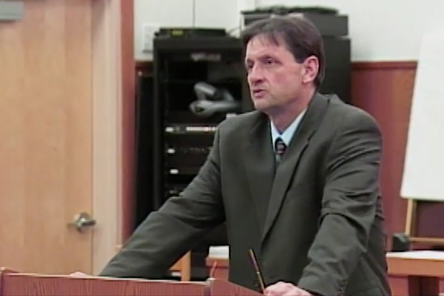
Episode 7
Bonus Content
Public Defender Walter Smith's Recollections
The folks at Georgetown University's - Making An Exoneree Program caught up with Amanda Lewis's Public Defender, Walter Smith.
Obviously, the trial was many years ago, but this is the one case he will remember for the rest of his life.
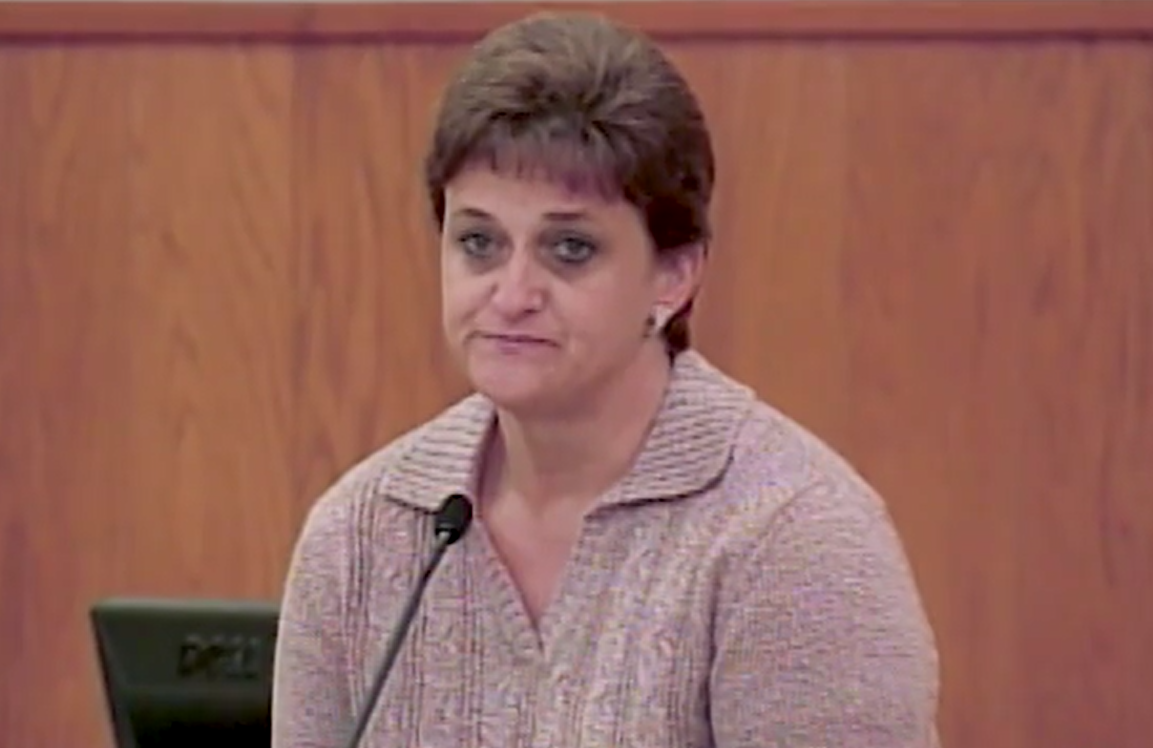
Episode 8 & 9
Bonus Content
Grandma Brenda’s Recollections
In this episode we speak with Amanda's mother, Brenda Burns. She reflects on the tragedy and offers some new information that may surprise.
If you have not listened to the full series, I suggest you do because there are heaps of spoilers in this conversation.
Brenda and Paw Chuck took AJ to see the Sheriff – I explore this and many other topics relating to her daughters conviction. With the help of Alabama Investigator Kimberly Hunter.

Episode 10
Bonus Content
Dr Kamala London's expert opinion
Dr Kamala London gives her expert opinion on the interviews and testimony of AJ Hutto. Dr London is the Department of Psychology, Professor & Department Chair at the University of Toledo. She has a Postdoctoral Fellowship at John Hopkins University and is the authority on memory and suggestibility in children and adolescents especially during court testimony.
Broken into 4 chapters:
First, the interview by the sheriffs and influences beforehand.
Secondly, the direct impact on AJ and why the interviewers appear to have had little understanding of the potential burden being put on a six-year-old.
Thirdly, the lack of open questions and why the trial testimony was meaningless.
Lastly, what best practice should look like when interviewing a small child. Including “Narrative Practice” and “Hypothesis Testing” rather than a “Hypothesis Confirming” approach.
